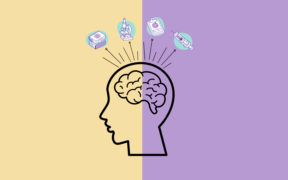Quick Read

Learn about the NextGen RH community of practice and its role in addressing the sexual and reproductive health needs of young people. Discover the collaborative efforts and solutions being developed by youth leaders.

Enroll in the Johns Hopkins Bloomberg School of Public Health Summer Institute course on Knowledge Management for Effective Global Health Programs.
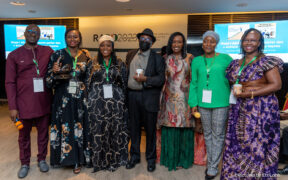
Discover the innovative highlights of the 12th Ouagadougou Partnership Annual Meeting (#RAPO2023) in Abidjan. Explore strategies and sessions at OPAM '23.
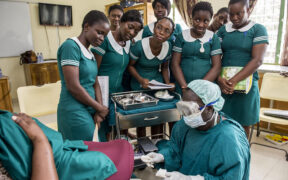
L'année dernière, PATH et YUX Académie dans le cadre de HCDExchange ont lancer le réseau des ambassadeurs HCD+ASRH afin d'accroître la sensibilisation et de renforcer les capacités des praticiens, de développer une communauté, d'échanger des connaissances, et de partager des compétences et des connaissances.

Last year, PATH and YUX Academy, as part of HCDExchange project, launched the HCD+ASRH Network of Ambassadors to raise awareness and strengthen the capabilities of practitioners, develop a community, exchange knowledge, and share skills and expertise.
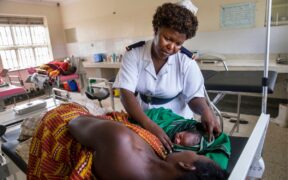
Professionals can discuss various family planning options, educate you about their effectiveness, and help you understand potential side effects and risks associated with each family planning method.
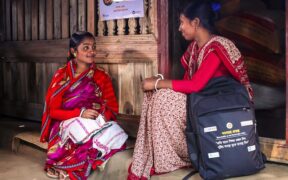
In a society deeply rooted in traditional family customs, it is not common for low-and middle-income families, who live with their parents and siblings together to discuss family planning and reproductive health (FP/RH) practices, it remains a taboo.
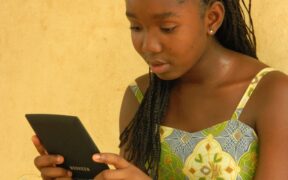
A brief introduction of the new endeavors underway with USAID's reproductive health project, PROPEL Adapt.




